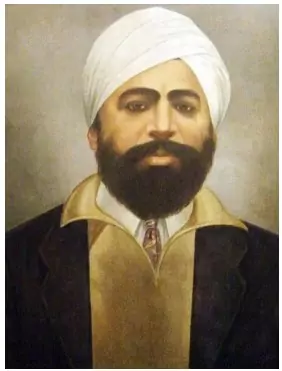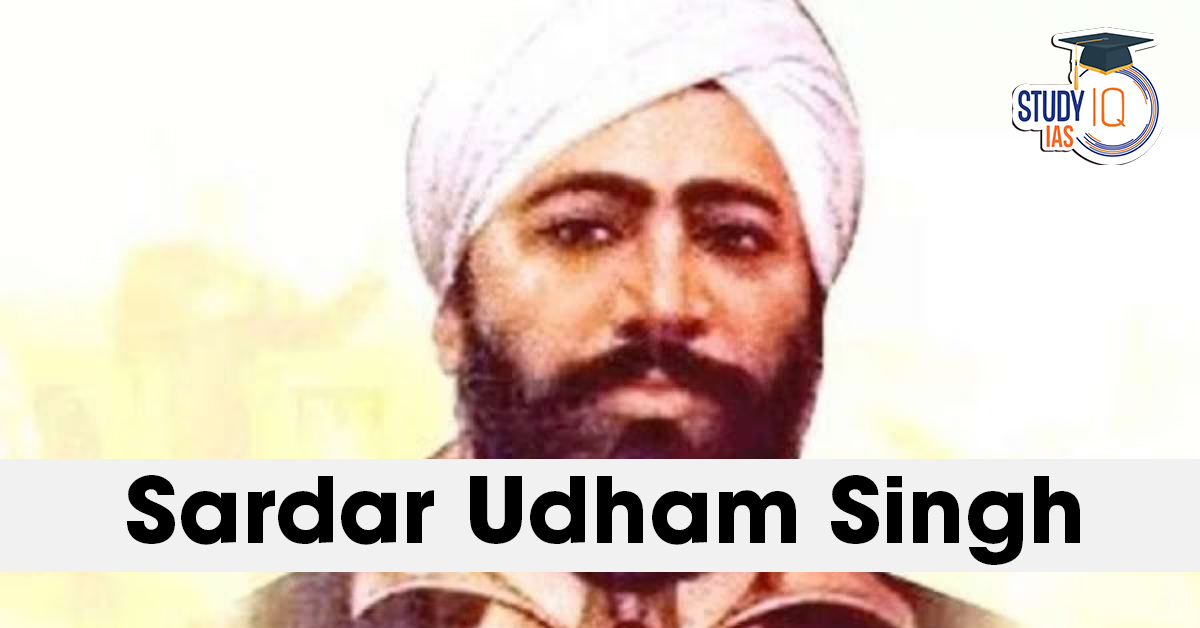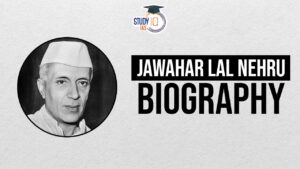Context: Shaheed Udham Singh Martyrdom Day 2025 was observed on July 31 to commemorate the sacrifice of Udham Singh for India’s struggle against British colonial rule.
Who was Sardar Udham Singh?
- Udham Singh was born on 26 December 1899 in Sunam, Punjab. He was a prominent Indian revolutionary.
- Sardar Udham Singh was profoundly influenced by the Jallianwala Bagh massacre and the Nankana Sahib tragedy.
- Became an active member of the Ghadar Party, a revolutionary group of overseas Indians.
- Later, he founded his own group called the Azad Party.
- He was known for smuggling arms to aid Indian revolutionaries and was ideologically influenced by Bhagat Singh.

Impact of the Jallianwala Bagh Massacre
- The massacre on 13 April 1919 left a deep impression on him.
- It became a driving force behind his determination to avenge British brutality.
Act of Revenge
- On 13 March 1940, in London, Udham Singh assassinated Michael O’Dwyer, former Lieutenant Governor of Punjab.
- O’Dwyer had defended General Reginald Dyer’s actions during the Jallianwala Bagh massacre.
Aftermath and Execution
- Udham Singh was arrested, tried, and later executed by hanging on 31 July 1940 at Pentonville Prison, London.
Symbolism of His Identity
- He used various aliases, notably ‘Mohammed Singh Azad’, to represent communal unity—Hindus, Muslims, and Sikhs—against British imperialism.


 Savitribai Phule Biography, Early Life, ...
Savitribai Phule Biography, Early Life, ...
 Birsa Munda Birth Anniversary 2025: Life...
Birsa Munda Birth Anniversary 2025: Life...
 Jawahar Lal Nehru Biography: Celebrating...
Jawahar Lal Nehru Biography: Celebrating...

























